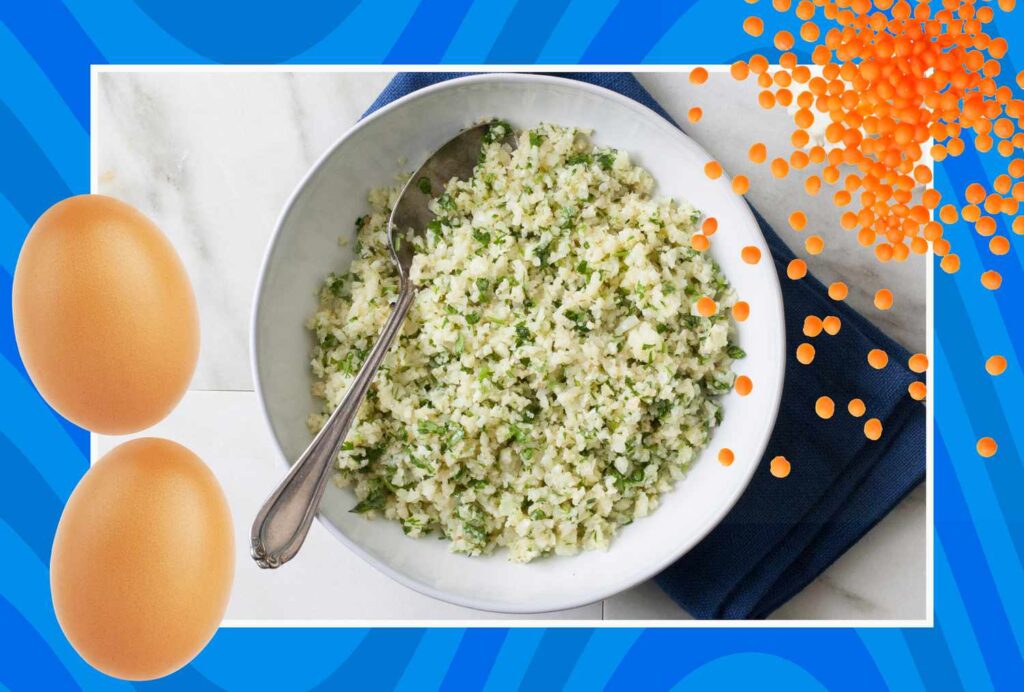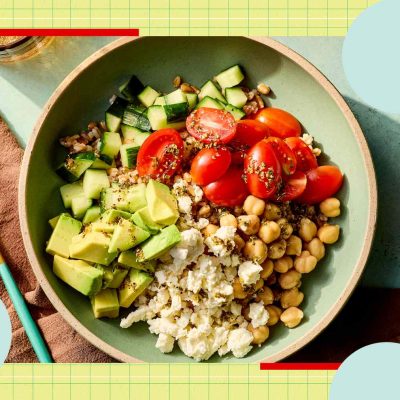Understanding the importance of a gastroenterologist diet is essential for anyone seeking to optimize their digestive health. A balanced approach, focusing on nutrient-rich foods, can lead to better gut health and overall well-being. Recent studies indicate that dietary choices significantly influence conditions like IBS and other gastrointestinal disorders. For instance, a 2024 study published by the American College of Gastroenterology highlights the impact of fiber-rich diets on digestive health. Incorporating foods rich in probiotics and soluble fibers can effectively reduce symptoms of digestive distress. This guide will outline what a typical day of meals may look like for a gastroenterologist, emphasizing the critical role diet plays in maintaining optimal gut health.
Nutritional Foundations of a Gastroenterologist Diet
The foundation of a gastroenterologist diet revolves around whole foods and balanced nutrition. Gastroenterologists emphasize lean proteins, healthy fats, and whole grains. For example, a breakfast might include oatmeal topped with berries and nuts, which provides soluble fibers and antioxidants. Moreover, research shows that a higher fiber intake can decrease the risk of colorectal cancer and promote regular bowel movements. The low-FODMAP diet is especially recommended for managing IBS as it identifies certain carbohydrates that exacerbate symptoms. Incorporating a variety of colorful vegetables, such as leafy greens and bell peppers, can also enhance digestive health and provide essential vitamins.
Meal Ideas from a Gastroenterologist’s Perspective
Lunch typically consists of a quinoa salad with grilled chicken, mixed greens, cherry tomatoes, and an olive oil vinaigrette. This meal is rich in protein and healthy fats, providing sustained energy while supporting digestive health. Incorporating fermented foods like kimchi or yogurt can further enhance gut microbiota diversity, crucial for digestive health. A gastroenterologist might enjoy a snack of hummus with carrot sticks or a handful of almonds, emphasizing the importance of mindful eating. Johns Hopkins Medicine suggests that understanding food sensitivities is key to pain-free digestion.
📊 Key Dietary Recommendations
- Hydration: Drink adequate water throughout the day.
- Regular Meals: Balance meals to prevent digestive shock.
Evening Routines for Digestive Health
Dinner is often a grilled salmon dish paired with steamed broccoli and brown rice. This combination offers a plethora of omega-3 fatty acids and fiber. Consuming dinner at least three hours before bedtime aids in better digestion and sleep quality. Taking a walk post-dinner can help in digestive movement, making it a common practice among gastroenterologists. Research supports this with evidence that post-meal light activity can prevent bloating and gas, enhancing overall comfort.
Key Takeaways and Final Thoughts
A well-balanced gastroenterologist diet focuses on whole foods, rich nutrients, and fiber. Incorporating a variety of foods not only improves gut health but also boosts your overall wellness. Recent insights highlight the significance of personalization in dietary approaches. Scientific studies emphasize the effectiveness of tailored diets to manage digestive issues effectively. Thus, following the principles shared here can significantly enhance digestive health.
❓ Frequently Asked Questions
What is a gastroenterologist diet?
A gastroenterologist diet emphasizes high-fiber, nutrient-dense foods, focusing on gut health enhancement through balanced meals.
How does diet affect gut health?
Diet directly impacts gut flora diversity and digestive comfort, with specific foods promoting better health outcomes.
To deepen this topic, check our detailed analyses on Food & Recipes section







